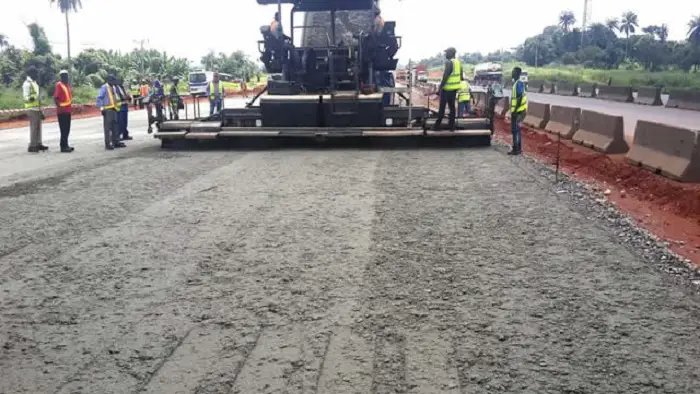The Emergency Road Rehabilitation Programme 2 in Zimbabwe has gathered momentum. According to Information, Publicity and Broadcasting Services Minister Monica Mutsvangwa, the Zimbabwean Cabinet was informed by Vice President Constantino Chiwenga who chairs the Rehabilitation Programme committee that as the programme gathers momentum, sufficient resources have been mobilised for works on critical, high impact roads to commence in earnest.
She said that the relevant roads authorities are mobilising equipment with Treasury support. Cabinet approved that the department of roads in the Ministry of Transport and Infrastructural Development takes over a number of roads from urban councils. The approved list of specified roads includes 16 roads in Bulawayo Metropolitan, 32 totalling 250km in Harare Metropolitan, nine totalling 25km in Manicaland, eight roads of 12km in Mashonaland Central, 38 totalling 84km in Mashonaland East, 20 totalling 45km in Masvingo Province, three totalling 7km in Matabeleland North, 19 totalling 30km in Matabeleland South and 27 totalling 125km in Midlands.
Also Read: Rehabilitation of roads in Matabeleland South, Zimbabwe intensify
Zimbabwe urban road network rehabilitation
Urban councils are supposed to use funds from Zinara and other sources to maintain and upgrade their road network. However, many and especially Harare City Council have been failing prompting the government to declare the urban roads a disaster, allowing it to move in.
The Cabinet further agreed that a sixth road contractor be immediately engaged for Harare-Masvingo-Beitbridge Highway as works resume. Zimbabwe has been using local contractors, each assigned a stretch of highway, to dramatically upgrade the highway.
Minister Mutsvangwa also said that the Cabinet also considered and approved the Action Plan presented by Transport Minister Felix Mhona, consistent with the ministry’s vision to develop Zimbabwe into a regional hub for world-class transport networks, logistics and services by 2030.
“The ministry will concentrate on transport infrastructure rehabilitation, construction and upgrades to standards that are prescribed in the National Development Strategy. The main focus will be on ensuring that the transport sector plays its rightful role of an enabler for overall economic growth across the agriculture, mining, electricity, manufacturing and tourism sectors,” she added.

